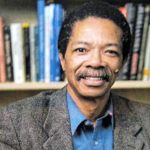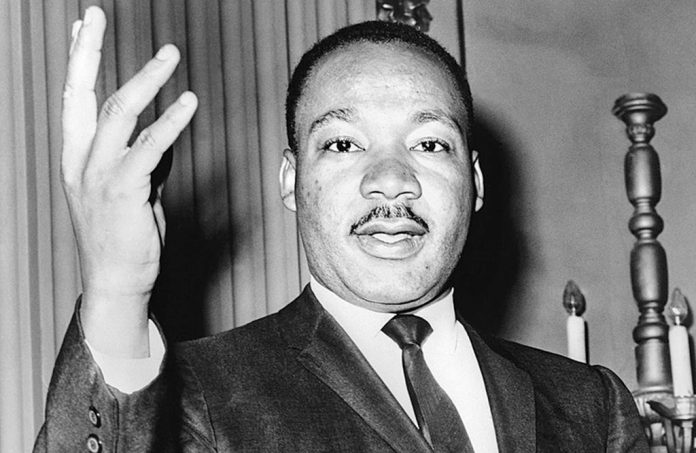Dr. Luther D. Ivory, professor emeritus at Rhodes College, speaks from experience when he says a new generation of students wants to know who Dr. Martin Luther King Jr. was and how his resistance to the status quo changed life for African Americans.
They are curious, he says, about lasting affects the civil rights movement bears on modern-day race relations.

“I teach a 14-week course called ‘The Spirituality of Dr. King,’ Ivory said. “There are only a limited number of slots for the course, and it is always full. These students are searching for something, something meaningful that will shed light on their own call and purpose.
“Dr. King contemplated his own death and suffering. A study of his spirituality teaches life lessons on activism, taking up a cause and fighting for that cause with your very life.”
Activism in its purest sense is generally not considered a spiritual endeavor, according to Ivory, who noted that all that Dr. King fought for involved divine direction and purpose because he was willing to sacrifice his life for justice and equality. King’s brand of Liberation Theology, Ivory said, compelled him to work for social and economic justice for all people.
“Students signing up for the course are predominantly white. Young people are looking for spiritual direction, and they are not seeking it in the traditional religions we grew up with,” said Ivory. “Practical spirituality that is lived out in action draws them. They want to do something that touches the lives of other people.
“They are searching for some purpose, some meaning in their lives. And they are joining African-American students in finding their life direction through 21st-century Liberation Theology.”
Dr. King as a historic figure is characterized by two inaccurate extremes: the “Holiday King” and the “Radical King,” Ivory said. “The first extols his attributes and glorifies him, but fails to humanize him as a man. The second one paints him as a disruptive and troublesome figure. Detractors favor this characterization.”
As the federal holiday in honor of Dr. King approaches next Monday, it is important to appreciate the man as imperfect and fallible, says Ivory.
“In the first two sessions, I stress Dr. King’s humanity. He was an ordinary man doing extraordinary things,” Ivory said. “It is well-documented that Dr. King was a heavy smoker, he loved screwdrivers, the cocktails and he had a number of sexual liaisons as a married man. Through this students come to understand that God works through our imperfections.”
Ivory’s own introduction to Dr. King came in April 1968 when he was 14 years old, running with a gang from the Douglass community. He went over to Mason Temple, where the church was packed as people waited for Dr. King to arrive. The weather was fierce, straight-line winds coming over from Arkansas. Dr. King was late. Other local ministers had addressed the crowd, but the people were clamoring for Dr. King.
Ivory picks up the story from there:
“We went down there to rob people. While they were in the church, we knew a lot of women had locked their purses up in the trunk. Back then, we knew how to pop the trunk open, take the money out, and put the purse back in the trunk. That’s why we were over there. But the weather got so bad, we were forced to go inside,” he said.
“Everybody was chanting, ‘We want King. We want King.’ And those women were stomping on the floor with those high heels. This went on for a while. And when he walked in, the whole place erupted. We were forced to listen to his speech.
“That was the night he delivered the famous ‘I’ve Been to the Mountaintop’ speech,” Ivory recalled. “I was mesmerized because he was quoting Shakespeare, and I was an avid reader. He quoted William Cullen Bryant: ‘Truth crushed to earth shall rise again.’ He quoted Thomas Carlyle: ‘No lie can live forever.’ It blew my mind.
“When he was assassinated the next day, it had a profound effect on me. It literally changed my life.”
(Dr. Ivory has written and lectured extensively on the life and work of Dr. King. He authored (1997) “Towards a Theology of Radical Involvement: The Theological Legacy of Martin Luther King” and in 2008 “Rhythm of Discipleship (socially active faith).”



